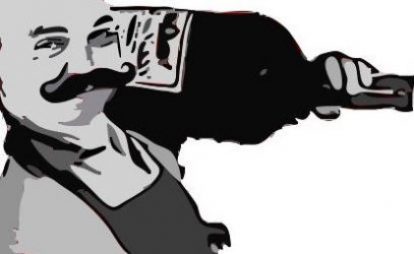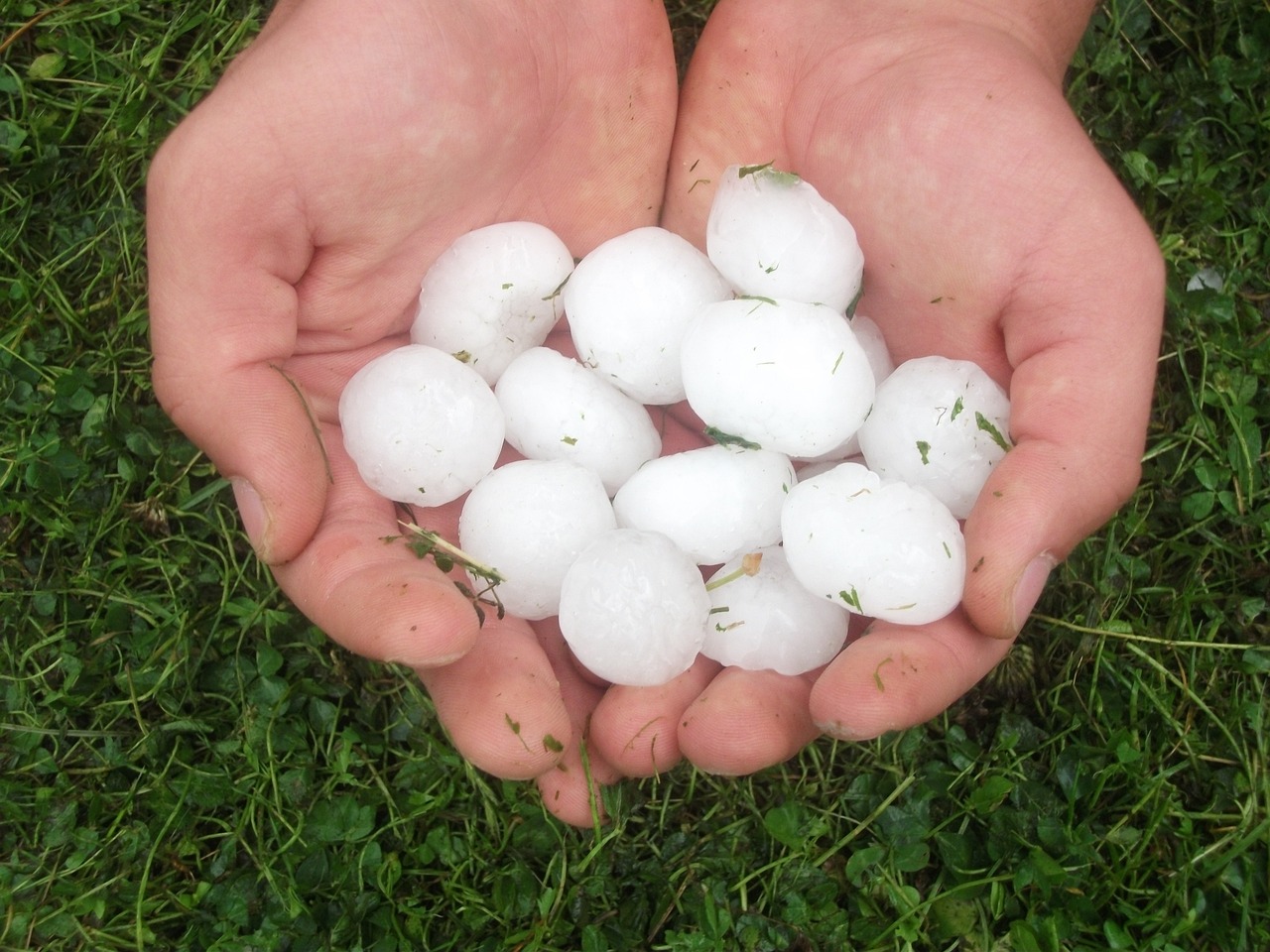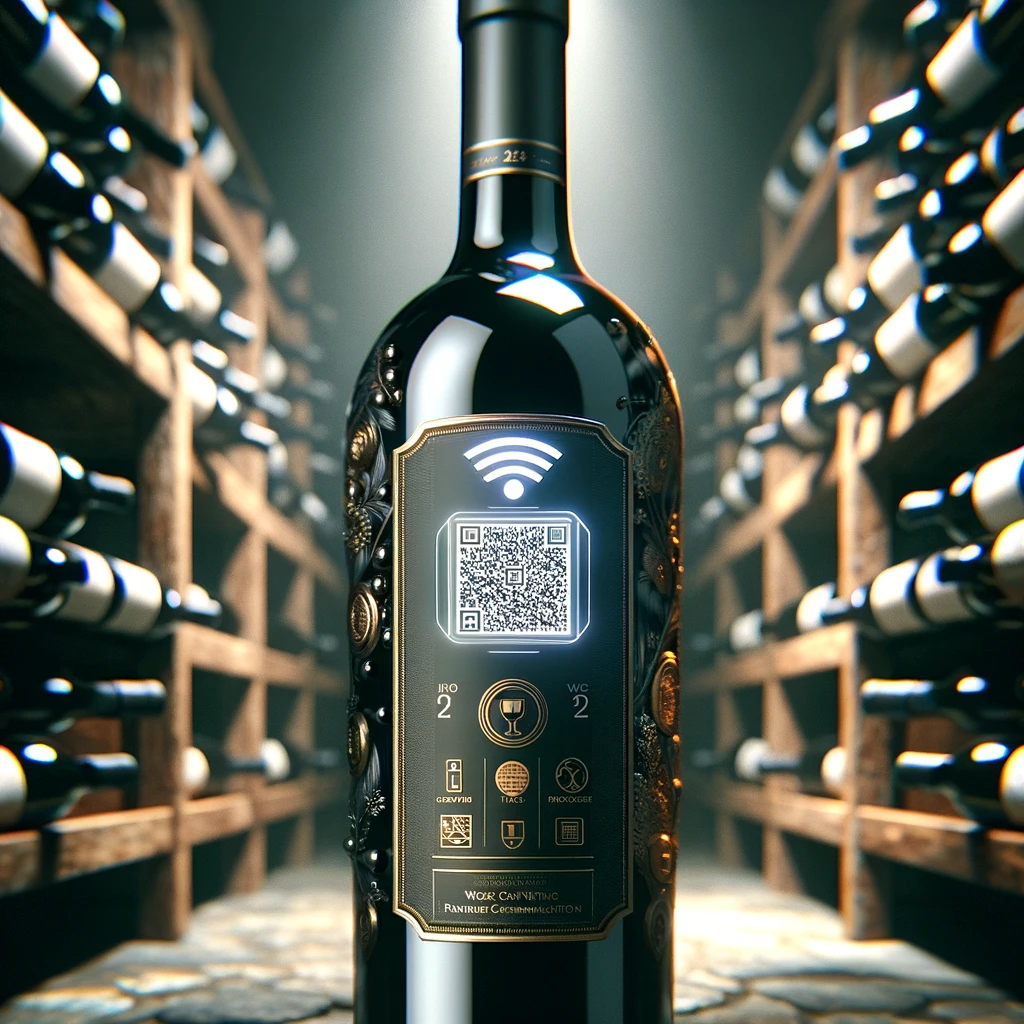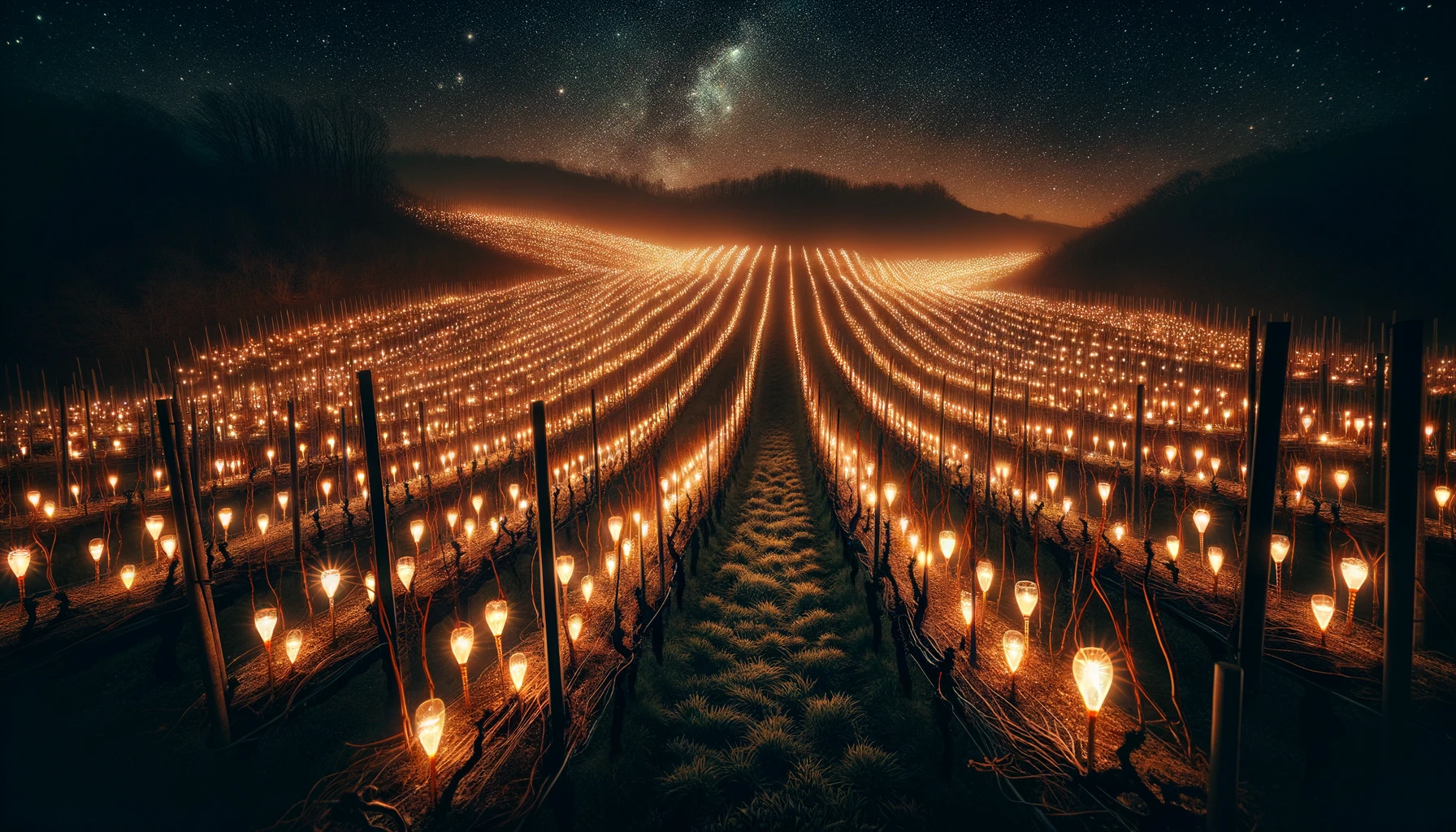Is it the summer heat or the heavy rain that we’ve been seeing this year as well, but people appear to be a little bit more quarrelsome, at least if you base it on last week’s news. Unfortunately, this week’s JollyCellarMaster weekly is full of disputes in the wine world, but thankfully there is some positive stuff, too!
Fencing Matches in the Wine World
Parting Ways
The big news that send shockwaves around the world of wine last week was the announcement of two of St-Emilion’s heavyweight’s to leave the classification system. Château Ausone und Cheval Blanc who sit at the top of pyramid announced their decision and Decanter printed part of a letter sent by the latter’s management to industry members explaining the move. They cited that in the last decade they had ‘noticed a profound change in the philosophy of the classification, especially regarding new criteria that amount to “marketing drift”, such as the importance of product placement, how often an estate appears in media, including PR and in social media, along with wine tourism infrastructure’.
If you are familiar with the classification system, you will know that the area has its own model alongside those of other Bordeaux regions of Medoc and Graves. While the latter goes back until 1855, St-Emilion brought in its own classification in 1955, which differs in the way that it is re-evaluated every ten years as opposed to the others, which have remained (largely) unaltered over the years. For most of the time, Cheval Blanc and Ausone sat alone in the top category, but as part of the last evaluation in 2012, Chateau Angelus and Pavie joined them as Premier Grand Cru Classé ‘A’ (remember that all 82 classified chateaux are at least Grand Cru, which has by some be considered a bit confusing). The entire exercise naturally created some controversy as these moves tend to do, but it looks like things have gone worse since as the decision indicates.
While it doesn’t necessarily have to hurt the reputation (and accordingly sales) of the two chateaux, it remains to be seen what it means for the St-Emilion classification system. The next revision is due next year and it should be interesting to see what changes 2022 brings.
A new home for the OIV
We stay in France as the International Organisation of Vine and Wine (OIV) had been looking for a new home ever since it was forced to move its secretariat in Paris to a transitional place in 2019. The organisation’s predecessor had been created in 1924 and France has always been its host, so when the time came to relocate, a number of French cities threw in their respective heads. Bordeaux and Reims were interested, too, but eventually Dijon was chosen by the French Ministry of Agriculture over the other two and proposed during last week’s 19th OIV General Assembly. The OIV Member States can now consider this and vote on whether to accept it at the next meetings in October 2021, but this sounds like a done deal to me.
The General Assembly also elected a new President with Luigi Moio and heads of the organisation’s working bodies. Biodiversity, oenological practices, geographical indications and good practices toward consumers at wine events are at the centre of the new 19 resolutions voted unanimously that were adopted during the congress as well as Russian as the 6th official language of the OIV.
Challenging Times at the Cape
Not just there though but in the whole of South Africa. The country’s wine industry finds itself in dire straits according to a survey conducted by Vinpro. Many wine businesses and in particular smaller companies and those under Black ownership, face potential closures in the next three to twelve months due to recurring and now fifth domestic wine sales restrictions, to report says.
More than half of the interviewed businesses said that they face drastic changes to fend off the effects of the Coronavirus pandemic. Even more concerning is that almost half of black owned producers believe that their businesses won’t be able to survive the next year. Given that almost half of the revenue of South African wine companies is made on the domestic market and depend heavily on tasing room sales. That is why the impact of the crisis in combination with the ban on liquor sales has hit the sector disproportionately and led to the layoff of thousands of workers as well as the imminent threat of business closures.
Challenging Times in California
On the other side of the globe, the Californian wine industry is dealing with the fallout of the fires that devastated the coastal area in 2020. The North Bay Business Journal writes about a number of legal cases related to wine grapes harvested amid the Glass, Walbridge and Hennessey fires in Napa, Sonoma and Lake counties among them the dispute between Gallo and an affiliate of Napa Valley’s Long Meadow Ranch because of a significant loss in fruit sales. Lower prices paid or entirely rejected fruit because of smoke taint is also at the centre of other cases and if you thought that if by salvaging what could be salvaged during the harvest, you had seen the end of it, you will now realise that this is far from over.
More Legal Battles
More legal dispute is the subject of this week’s final story as Italy and Croatia lock horns over the denomination of some of their sparkling wines. Croatia had sent a request to get EU protection for its sweet dessert wine called prošek, which produced in the southern area of Dalmatia. Depending on your point of view and side you take the name resembles more or less that of Italy’s famous Prosecco and the two have been arguing about it for years and goes back as far as 2013 when Croatia first applied for protection under EU law. Back then the applications concerning traditional terms were put on hold, as a long revision process to align the regulation on the matter to the Lisbon Treaty was undergoing. Following a parliamentary questions of MEP Mara Bizotto in 2013, the then Commissioner Ciolos stated that ‘the use in trade of the term in question may raise legal problems insofar as it may fall under the scope of Article 118m of Regulation (EC) No 1234/2007, since it could conflict with the protection of the Italian PDO Prosecco. The Croatian authorities are aware of that legal point of view’. He also stated that ‘if an application for the protection of ‘PROSEK’ as PGI or PDO or as a traditional term was received […] such scrutiny, preceding the decision of protection or refusal of protection, includes the consideration of eventual homonymous wines names already registered’. She has sent another question to the Commission to protect the Prosecco PDO as the Italians fear that even though the Croatian request does not target the status of a protected denomination of origin, it would confuse consumers and should be seen as a way to bypass the PDO system.
It’s a tricky one and I’d love to hear your thoughts, so drop me a line or connect on Twitter. That offer obviously also stands if you have an interesting story or simply want to chat about wine as a guest on the Podcast. And if you want to stay in the loop about things happening at the JollyCellarMaster and the world of wine, make sure you sign up to our newsletter.
—
Disclaimer: As always, I’d like to be completely transparent about affiliations, conflicts of interest, my expressed views and liability: Like anywhere else on this website, the views and opinions expressed are solely those of the original authors and other contributors. The material information contained on this website is for general information purposes only. I endeavor to keep this information correct and up-to-date, I do not accept any liability for any falls in accurate or incomplete information or damages arising from technical issues as well as damages arising from clicking on or relying on third-party links. I am not responsible for outside links and information is contained in this article nor does it contain any referrals or affiliations with any of the producers or companies mentioned. As I said, the opinions my own, no liability, just thought it would be important to make this clear. Thanks!




